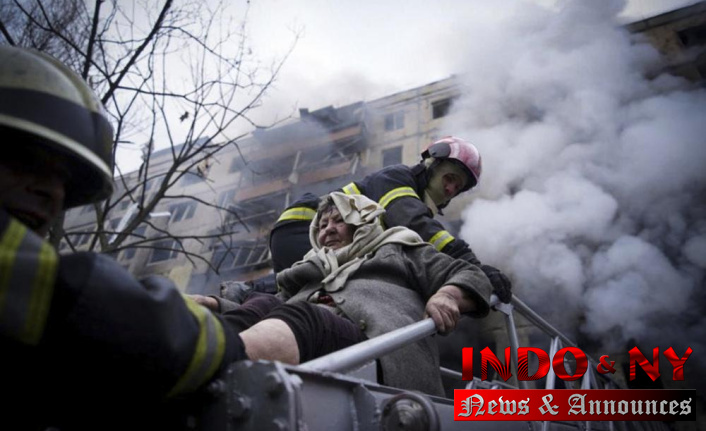France, the EU's presidency country, stated that the bloc, "in consultation with international partners, approved a fourth set of sanctions targeting individuals or entities involved in aggression against Ukraine as well as several sections of the Russian economy."
In a statement, the French presidency stated that it also approved a declaration to World Trade Organization "on suspending Russia's application of the Most-Favoured-Nation Clause and suspending examination of Belarus’ application for membership to the WTO."
Russia's companies will not be eligible for special treatment in the bloc if it is suspended.
These announcements are in line with the Versailles summit leaders' announcement last Friday that a strict package of sanctions would be forthcoming if Russia continues its invasion of Ukraine. Only the EU's official journal will have the details.
The EU has taken tough measures against Russian President Vladimir Putin and Russia's high-maintenance oligarchs since the start of the war last month. The bloc's countries agreed last week to add new restrictions on the exportation of radio communication technology and maritime navigation to the existing sanctions.
Three Belarusian banks were also excluded from SWIFT, which is the dominant system for international financial transactions. In total, EU restrictive measures now apply for 862 individuals and 53 entities.
Ursula von der Leyen, President of the EU Commission, stated that the fourth set of sanctions would further isolate Russia and "drain the resources it uses for financing this barbaric conflict."
She stated that the EU would work with the Group of Seven countries in order to increase the pressure on Moscow.
Because some EU countries are more dependent on Russian energy than others, it is difficult to reach an agreement on an oil boycott. The EU's oil dependence is widening. Poland receives 67% of its oil through Russia, while Ireland only receives 5%.












